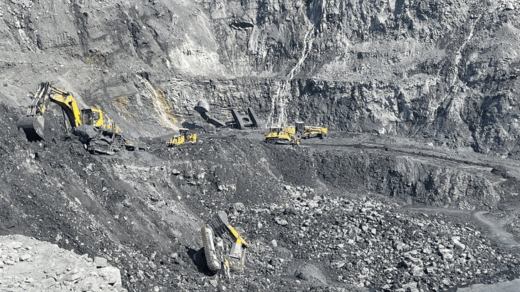Filipino health groups oppose waste-to-energy bill
President Duterte is urged to ensure ‘dirty technologies’ continue to be banned
Public health groups in the Philippines have joined environmental groups to oppose a bill that seeks to lift a nearly two-decade ban on incinerators for disposal of medical waste in order to produce energy from garbage.
The groups have urged the government of President Rodrigo Duterte to uphold the country’s Clear Air Act 1999 and to ensure that “dirty technologies” such as waste-to-energy garbage incinerators continue to be banned.
The Philippine parliament is debating the proposed Waste-to-Energy (WTE) Act, which the government says will help solve a garbage problem that has intensified during the pandemic.
The law seeks to amend the Republic Act 8749 or the Clean Air Act of 1999 and aims to allow the use of any WTE technology, including incineration, as long as it does not produce poisonous or toxic fumes, Philippines New Agency reported.
Environmental and health groups have opposed the bill claiming the move to revive incinerators are not only unnecessary but pose dangers to public health and environment.
“Medical waste incinerators have been banned for 18 years in the country in compliance with the Clean Air Act. The present Covid-19 pandemic brought a surge in biomedical waste challenging waste management programs in the country. Yet incineration is definitely not an option. This demonstrates that we do not need dirty and very costly technologies which cause more harm to our health and climate,” Dr. Paula Sta. Maria of Philippine College of Physicians said in a statement on July 16.
“We need to rally to protect the integrity of the air that we breathe since our primary survival depends on it. We need to have a healthy environment, free of toxins and pollutants to win the battle against Covid-19 and other unforeseen public health concerns,” she added.
The Philippines banned municipal and medical waste incineration with the Republic Act 8749 or Clean Air Act of 1999. In compliance with the law, the Department of Health phased out and banned the use of medical waste incineration on July 16, 2003.
Dr. Maricar Limpin from Action on Smoking and Health (ASH) Philippines warned that the revival of incinerators would damage what the country has achieved in safe and effective waste management.
“Allowing again the use of incinerators will undermine years of hard work in pushing for safe and effective ecological solid waste management solutions in our cities and healthcare facilities. Incinerators are very costly to operate and it will promote further production of garbage to make it economically viable. We should focus on waste prevention and minimization, and not through dirty technological solutions,” Limpin said.
She strongly urged President Duterte to veto these toxic bills and instead push for priority laws that will further improve public healthcare and environment.
According to the pollution watchdog EcoWaste Coalition, there are various bills lodged in Congress that aim to amend the law which would then allow the promotion and use of incinerators, disguised as waste-to-energy technologies.
“[The] Waste-to-Energy bill would defeat the purpose of the Clean Air Act and must be junked immediately by the 18th Congress,” Alien Lucero, national coordinator of the EcoWaste Coalition, said in a recent statement.
“What we need is strong political will among our leaders and the government’s sincerity in addressing environmental issues such as excessive waste production and disposal.”















